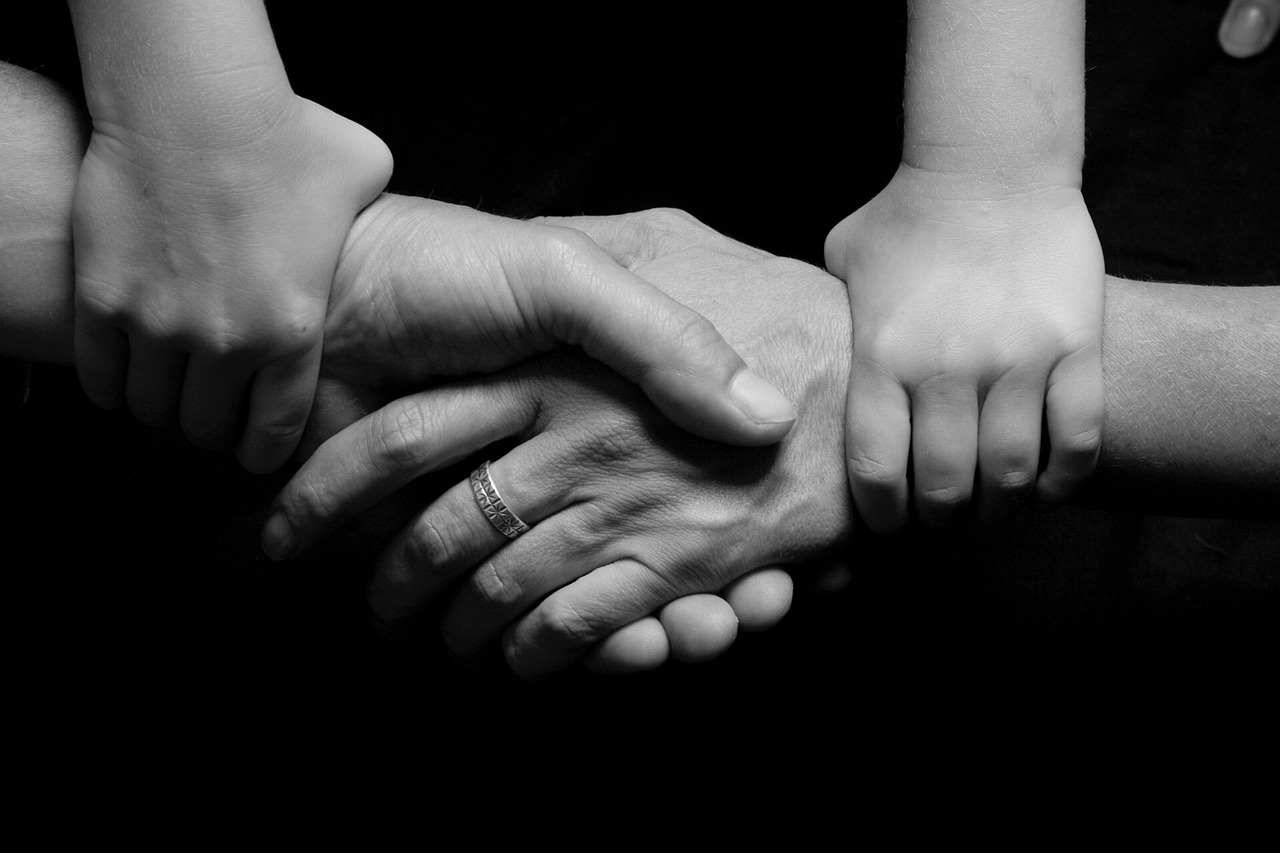Shama (husband) and I were at a busy shopping centre earlier today, picking up a screen protector for his new phone. Over lunch at the food court, we watched a family nearby: a mom, dad, and their son. The dad’s gentle way of feeding his son noodles, despite the boy’s initial reluctance, caught our attention. He even cooled a dumpling in his hands before offering it to his son, a small act that spoke volumes about their loving bond.
As we left, I approached them to share a thought: “My husband and I were just talking about how much love we can see in your family. Have a wonderful day!” I said, hoping to spread a bit of joy.
Walking back to our car, Shama shared his concerns about my interaction. He voiced a concern about the potential for my well-intended remark to be misinterpreted, particularly because the son had a disability.
Although it made me realise how oblivious I was in a way, my intention was to acknowledge the family’s love, not to comment on their circumstances. Would I have done the same if the son didn’t have a disability? You bet I would. This interaction wasn’t about the son’s condition; it was about recognising a beautiful bond between the family and love and kindness. My actions were driven by the same impulse that had me defending a friend with cerebral palsy from bullies in my primary school, not because of his disability, but because he was my friend, worthy of the same respect and kindness as anyone else.
This reflection brings me to the broader societal dialogue on identity and recognition. As we strive to elevate the conversation around gender, ethnicity, and sexuality, there’s a delicate balance between acknowledging these aspects of our identity and pigeonholing achievements within these frameworks. The phrases “As a woman, this award is…” or “As someone from an Asian background, this is…” while empowering, also prompt me to question: Are we, in our quest to highlight injustices and celebrate diversity, inadvertently anchoring ourselves to the very labels we aspire to transcend?
This isn’t to diminish the significance of identity or the struggles that come with it. Instead, it encourages us to consider how we can celebrate our unique differences and achievements without fostering divisions. By shifting our focus from highlighting diversity in race, gender, and sexuality to emphasising our shared experiences—such as universal struggles, life lessons that resonate with many, and the passions that fuel us—we can discover the common ground that binds us. It’s about recognising and honouring the collective human experience of love, adversity, and success that transcends any categorisation.
This incident is a reminder for myself: the power of genuine compliments and the importance of navigating the delicate balance between intention and reception. It’s a reminder that while we can’t control how our words are taken, we shouldn’t shy away from expressing heartfelt observations. Ultimately, it’s about staying true to ourselves, offering kindness without reservation, and being prepared to gracefully accept whatever response comes our way.
